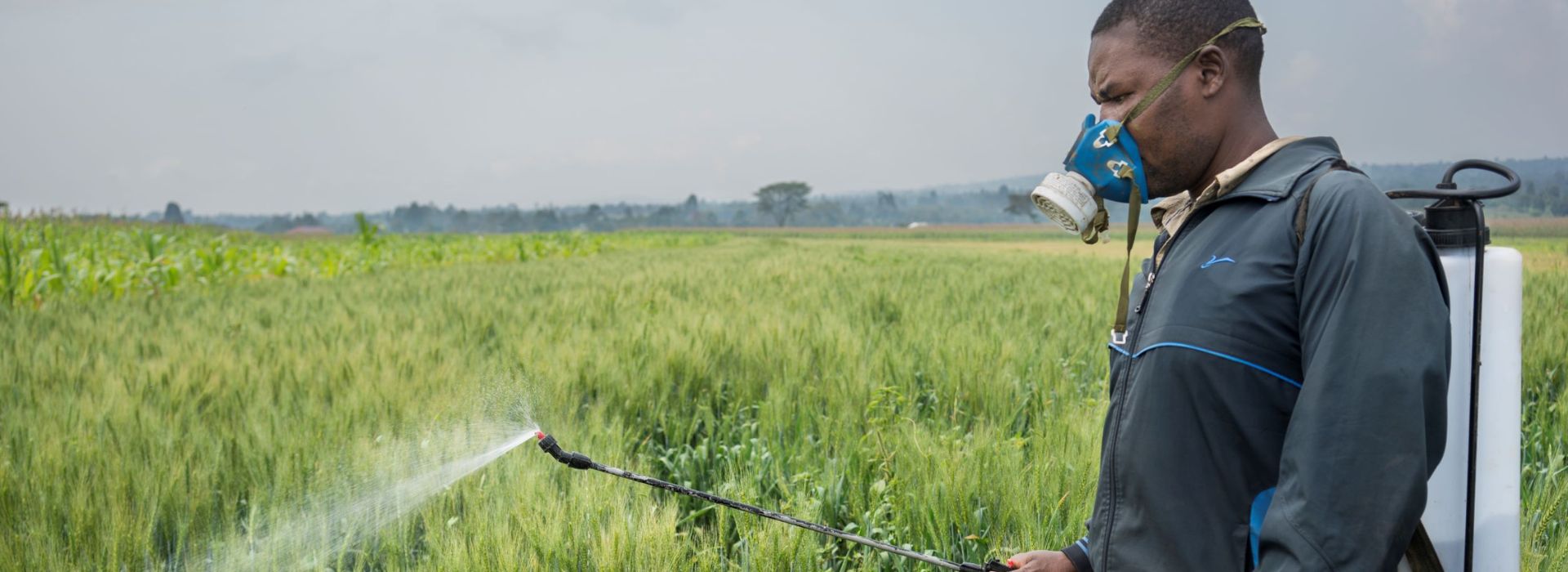Navigating Pesticide Use in Organic Farming
March 6, 2024Organic farming has gained significant traction in recent years, driven by growing consumer demand for healthier and more sustainable food options. At the heart of organic agriculture is the commitment to minimizing synthetic inputs, including pesticides, in favor of natural and environmentally friendly alternatives. However, the question of pesticide use in organic farming often arises, sparking debates and raising concerns about the efficacy and safety of organic practices.
It's important to understand that while organic farming strives to minimize pesticide use, it does not mean complete elimination. Organic farmers face various challenges, including pest infestations, disease outbreaks, and weed competition, which necessitate the use of pest control measures. However, the approach differs significantly from conventional farming methods.
Organic pesticides, also known as biopesticides, are derived from natural sources such as plants, bacteria, fungi, and minerals. These substances are often less persistent and less toxic than synthetic pesticides used in conventional agriculture. Instead of targeting pests directly, organic farmers employ strategies that promote biodiversity, soil health, and natural predator-prey relationships to manage pests and diseases.
One common misconception is that organic pesticides are inherently safer than their synthetic counterparts. While organic pesticides may have lower toxicity levels, improper use or overapplication can still pose risks to human health and the environment. Therefore, organic farmers must adhere to strict regulations and guidelines governing pesticide use to ensure safety and environmental sustainability.
Another aspect to consider is the systemic nature of pest management in organic farming. Instead of relying solely on pesticides, organic farmers employ integrated pest management (IPM) strategies, which emphasize prevention, monitoring, and non-chemical control methods. These may include crop rotation, habitat manipulation, mechanical and physical barriers, and the use of beneficial insects to suppress pest populations.
Despite these efforts, organic farmers still face challenges in managing pests effectively. Climate change, shifting pest populations, and the emergence of new pests and diseases present ongoing challenges that require continuous adaptation and innovation. Research and education play crucial roles in developing sustainable pest management solutions tailored to the needs of organic agriculture.
https://krishibazaar.in/category/bio-pesticides
In conclusion, pesticide use in organic farming is a complex issue that requires careful consideration of ecological, economic, and social factors. While organic farmers strive to minimize pesticide reliance, they may still need to utilize approved organic pesticides as part of an integrated approach to pest management. By prioritizing soil health, biodiversity, and ecological resilience, organic farming offers a promising alternative to conventional agriculture that promotes sustainable food production and environmental stewardship.
Through ongoing research, education, and collaboration, the organic farming community can continue to refine and improve pest management practices, ensuring the long-term viability and integrity of organic agriculture.
Furthermore, organic farming prioritizes soil health as the foundation of a resilient and productive agricultural system. Healthy soils support diverse microbial communities and promote natural mechanisms for pest and disease control. By fostering soil biodiversity and fertility through practices such as cover cropping, composting, and reduced tillage, organic farmers create a more balanced ecosystem that is less susceptible to pest and disease outbreaks.
At krishibazaar.in, you can find and buy various agricultural products. For agricultural guidance on selecting the most suitable products for your crops, please contact or WhatsApp at +917887880887.






Guest reviews
No reviews found for this Blog